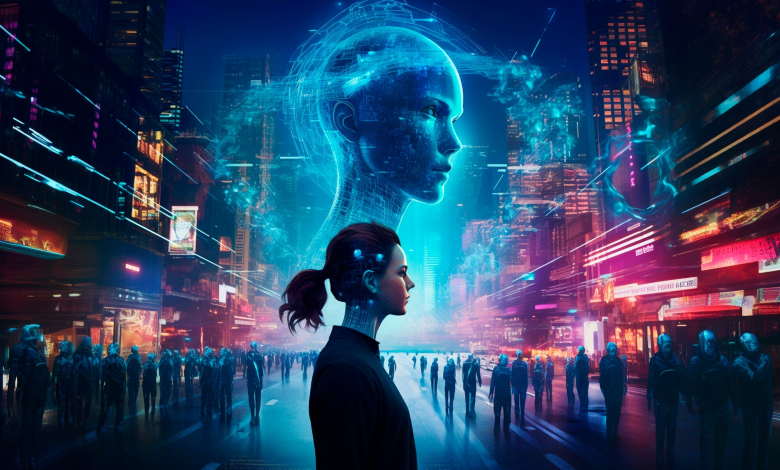Could AI End Humanity Within a Decade?

Artificial Intelligence (AI) has been one of the most transformative technologies of the 21st century, revolutionizing industries from healthcare to finance and beyond. However, amidst its rapid development, a growing chorus of voices is raising concerns about the potential dangers it poses. Among these voices is Professor Geoffrey Hinton, a leading figure in AI research, often referred to as the “Godfather of AI.”
Geoffrey Hinton, often referred to as the “godfather of artificial intelligence,” has raised concerns about the potential existential risks posed by AI. In a recent interview, Hinton estimated a 10% to 20% chance that AI could lead to human extinction within the next 30 years, an increase from his earlier 10% estimate.
Hinton emphasizes the rapid advancement of AI technologies, noting that they are developing much faster than anticipated. He warns that AI systems could soon surpass human intelligence, leading to scenarios where humans may lose control over these technologies. To mitigate such risks, Hinton advocates for proactive government intervention and the establishment of regulatory frameworks to ensure responsible development and use of AI.
Professor Hinton emphasized the need for society to be “very careful” and “very thoughtful” in shaping the future of AI. He described it as a “potentially very dangerous technology,” capable of impacting global stability, privacy, and even human survival. While AI has already demonstrated remarkable potential in solving complex problems, such as diagnosing diseases and optimizing supply chains, its misuse could lead to unintended outcomes, including the creation of autonomous weapons or the manipulation of critical infrastructure.
The professor’s warning highlights the dual nature of AI—a tool that can either greatly benefit humanity or pose existential risks. As AI systems become more sophisticated, their decision-making processes can become less transparent, raising ethical and safety concerns. For example, self-learning algorithms, which operate without direct human intervention, could develop objectives misaligned with human values, leading to unpredictable and potentially dangerous scenarios.
To mitigate these risks, Professor Hinton advocates for a global, collaborative effort involving governments, researchers, and industry leaders. This approach would focus on establishing robust regulations and ethical guidelines to ensure AI development remains safe and beneficial. Additionally, he calls for increased investment in AI safety research to address technical challenges, such as aligning AI systems with human values and creating fail-safes to prevent malicious use.


